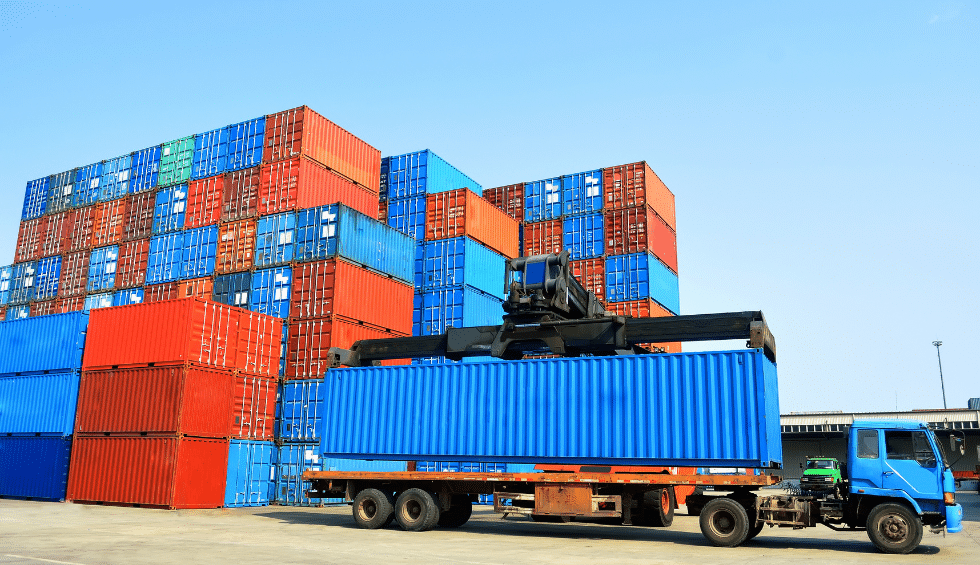Ensuring timely material deliveries in capital projects is critical to maintaining project schedules, controlling costs, and ensuring overall project success. Delays are often influenced by factors such as supplier reliability, lead times, and logistics and transportation. They can lead to project overruns, increased costs, and operational inefficiencies. This blog explores strategies and contractual considerations essential for ensuring timely deliveries in the perspective of procurement managers.
Strategies for Ensuring Timely Material Deliveries
1. Establish Clear Communication Channels
- Regular Updates: Maintain consistent communication with suppliers to receive regular updates on production and delivery schedules.
- Point of Contact: Designate a specific individual or team to handle supplier communications, ensuring issues are promptly addressed.
2. Implement Robust Planning and Scheduling
- Project Timeline Integration: Align material delivery schedules with key project milestones to ensure materials are available when needed.
- Buffer Times: Include buffer times in delivery schedules to account for unforeseen delays.
- Just-On-Time Strategy: Consider implementing Just-On-Time inventory practices to minimize storage costs and ensure materials arrive as needed.
3. Utilize Technology and Tools
- Procurement Software: Use procurement and supply chain management software to track orders and manage inventory levels.
- Material Tracking Software: Implement real-time tracking systems to monitor shipments and predict delivery times.
- Data Analytics: Utilize data analytics to anticipate potential delays and optimize delivery schedules.
Contractual Considerations for Timely Material Deliveries
1. Define Clear Delivery Terms
- Delivery Schedules: Specify detailed delivery schedules, including dates and times, in contracts.
- Milestones and Deadlines: Establish milestones and deadlines for key deliveries, aligned with project phases.
2. Include Penalty and Incentive Clauses
- Penalties for Delays: Define penalties for late deliveries to encourage suppliers to meet deadlines.
- Incentives for Early Deliveries: Offer incentives for early or on-time deliveries to motivate suppliers.
3. Set Quality and Compliance Standards
- Quality Assurance: Include clauses for quality inspections and acceptance criteria.
- Compliance Requirements: Ensure suppliers adhere to regulatory and safety standards to avoid delays due to non-compliance.
4. Establish Risk Management Provisions
- Force Majeure: Include force majeure clauses to address unforeseeable events that might impact deliveries.
- Contingency Plans: Develop contingency plans and specify alternative suppliers or materials in case of supply chain disruptions.
5. Ensure Supplier Performance Monitoring
- KPIs and Metrics: Define key performance indicators (KPIs) for supplier performance, including on-time delivery rates.
- Regular Reviews: Conduct regular performance reviews with suppliers to address issues and improve processes.
Conclusion
Ensuring timely material deliveries requires a combination of strategic planning, effective communication, digital tools and robust contractual agreements. By implementing these strategies and considering the outlined contractual factors, procurement managers can mitigate risks and enhance project efficiency.
Want to find out how the MHS software could help you in ensuring timely material
deliveries to site? Get in touch!

Did you enjoy this post? You might also be interested in our blog posts on


